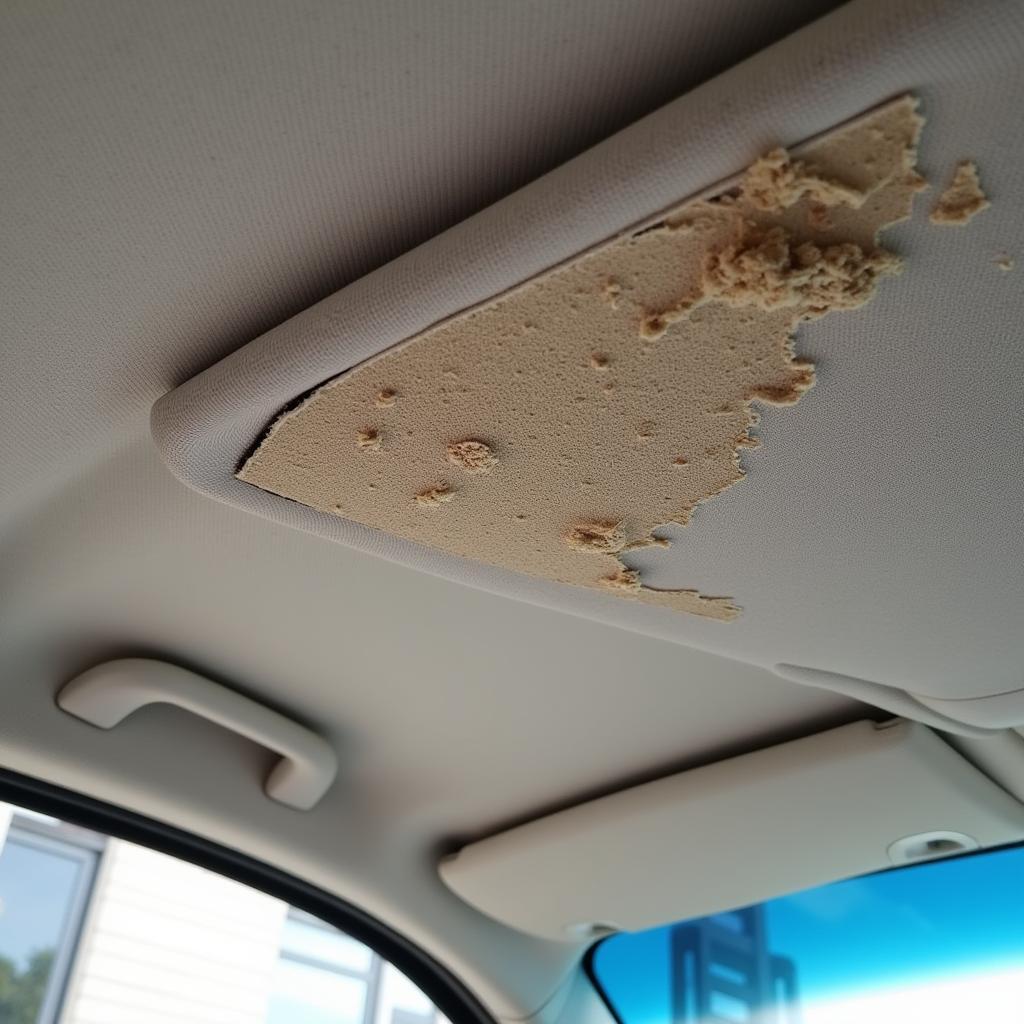Deciding whether to fix your car before trading it in is a common dilemma. Is It Worth Fixing A Car Before Trading It In? The answer depends on various factors, including the car’s age, the cost of repairs, the trade-in value, and the type of damage. Let’s delve into this complex issue to help you make the best financial decision.
After a car accident, you might be wondering whether to fix your car or trade it in. Check out this helpful resource: fix your car or trade it in.
Assessing the Damage: Minor vs. Major Repairs
Minor Cosmetic Issues: Often Not Worth Fixing
Minor cosmetic damage like small scratches, dents, or worn upholstery often doesn’t significantly increase a car’s trade-in value. Dealerships expect some wear and tear, and they’re equipped to handle these minor fixes themselves, often at a lower cost. Fixing these issues yourself might not yield a worthwhile return on investment. Think of it like repainting your living room before selling your house – it might make it look nicer, but you’re unlikely to recoup the full cost in the sale price.
Mechanical Problems: A Balancing Act
Mechanical issues require more careful consideration. A well-maintained car with a full service history is undoubtedly more appealing to dealerships. Addressing issues like worn brakes, faulty suspension, or a malfunctioning AC can increase your trade-in value. However, extensive and costly repairs like engine or transmission overhauls may not be financially justifiable.
If your car has been in an accident and the repairs are extensive, you might be wondering, “Should I fix my car or trade it in after an accident?” For more guidance, visit fix my car or trade it in after an accident.
Understanding Your Car’s Value
Knowing your car’s current market value and potential trade-in value is crucial. Online resources like Kelley Blue Book (KBB) and Edmunds can provide estimates. Getting appraisals from multiple dealerships can also give you a realistic range.
Is It Worth Fixing an Old Car Before Trading It In?
Older cars present a unique challenge. While some repairs might be necessary for safety and functionality, investing heavily in an older car might not be wise. Consider the age, mileage, and overall condition. Sometimes, accepting a lower trade-in value and putting that money towards a new car is the smarter financial move. For further insights into this specific scenario, read fix old car or trade in.
Negotiating With Dealerships
Don’t be afraid to negotiate. Dealerships often factor in the cost of repairs when offering a trade-in value. If you’ve addressed some issues, use this to your advantage. Highlight the completed repairs and any maintenance records you have.
“Transparency is key when dealing with trade-ins,” says John Smith, Senior Automotive Appraiser at Smith Automotive. “Presenting a well-maintained vehicle, even with minor cosmetic imperfections, shows you’ve taken care of it, which can positively impact negotiations.”
Conclusion: A Case-by-Case Basis
Ultimately, the decision of is it worth fixing a car before trading it in is a case-by-case basis. Weigh the cost of repairs against the potential increase in trade-in value. Consider the car’s age, condition, and the type of damage. A thorough assessment, research, and negotiation can help you make an informed decision.
For personalized assistance and expert advice, connect with AutoTipPro at +1 (641) 206-8880 or visit our office at 500 N St Mary’s St, San Antonio, TX 78205, United States.
If you’re struggling with negative equity, understanding how to manage your car loan is essential. This article might help: how to fix being upside down on a car loan.
If your car has suffered extensive damage after an accident, here’s a resource you might find useful: car accident and more to fix than worth.






Leave a Reply